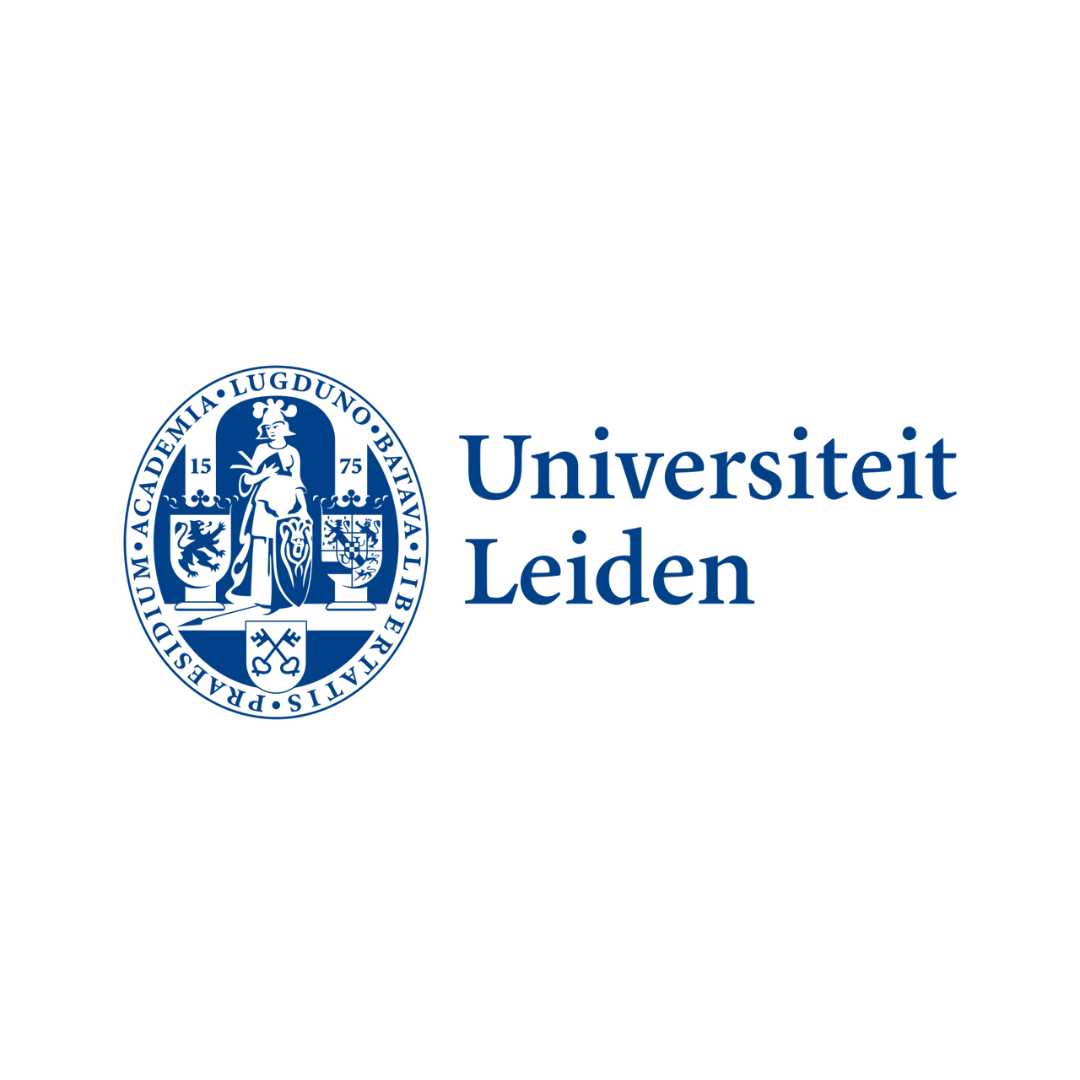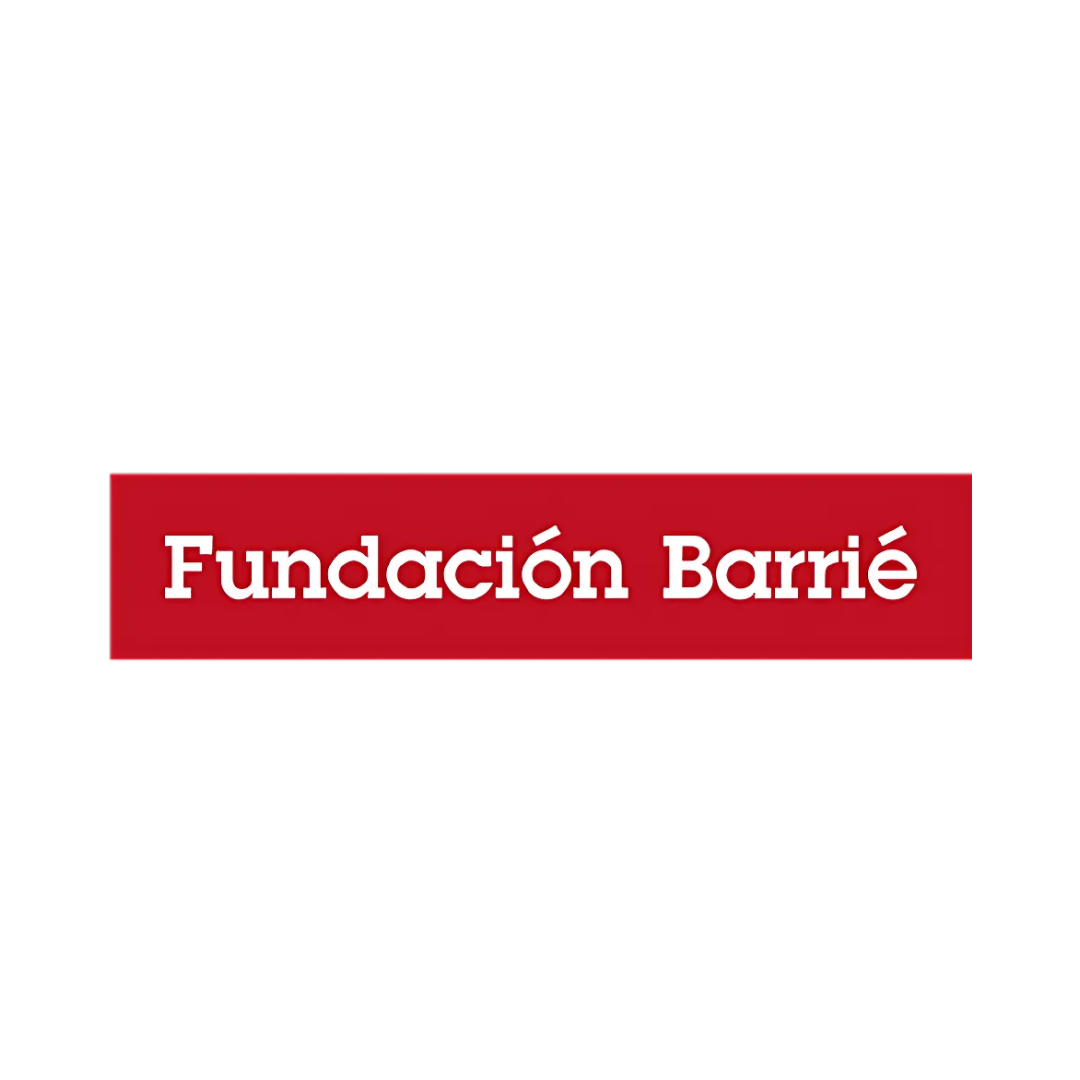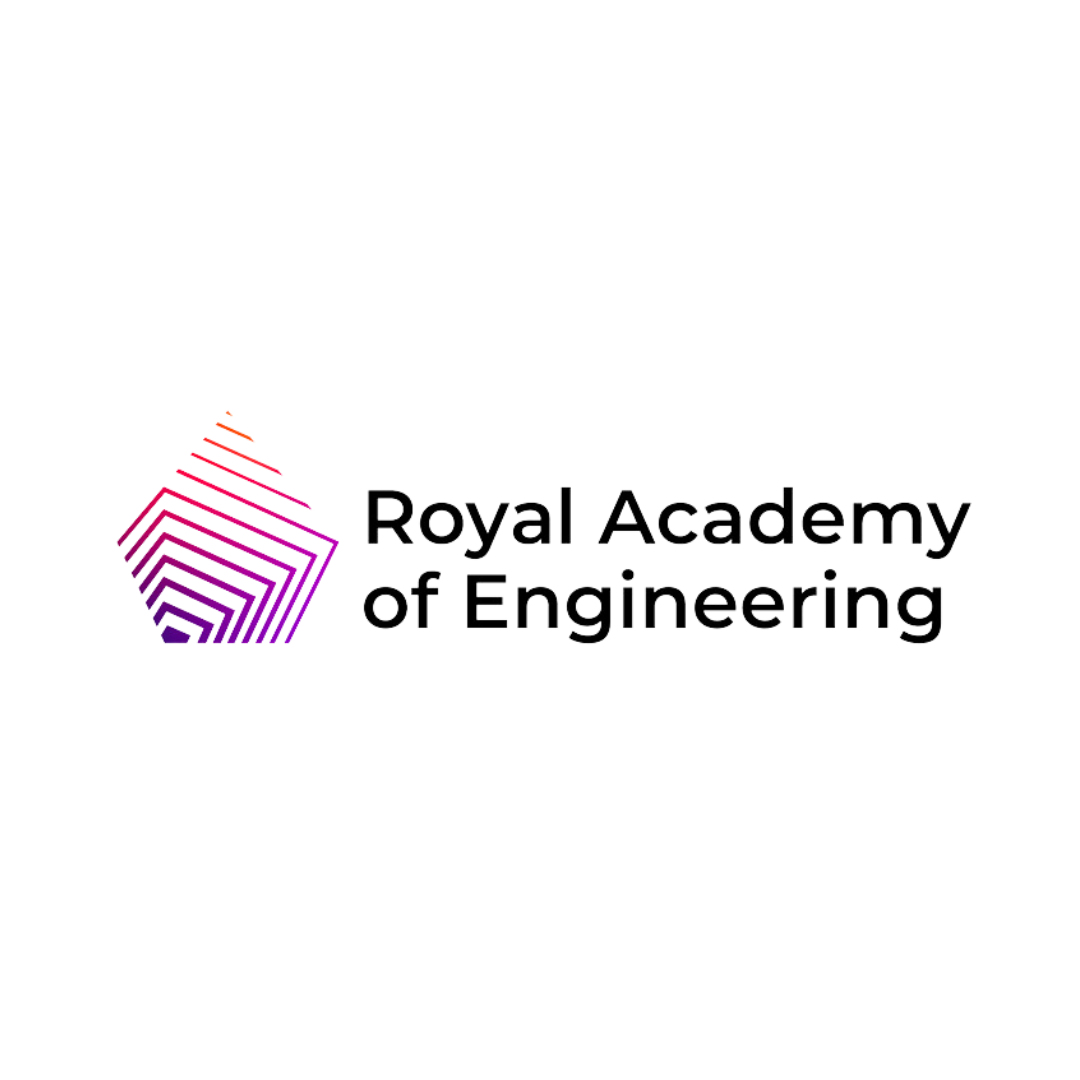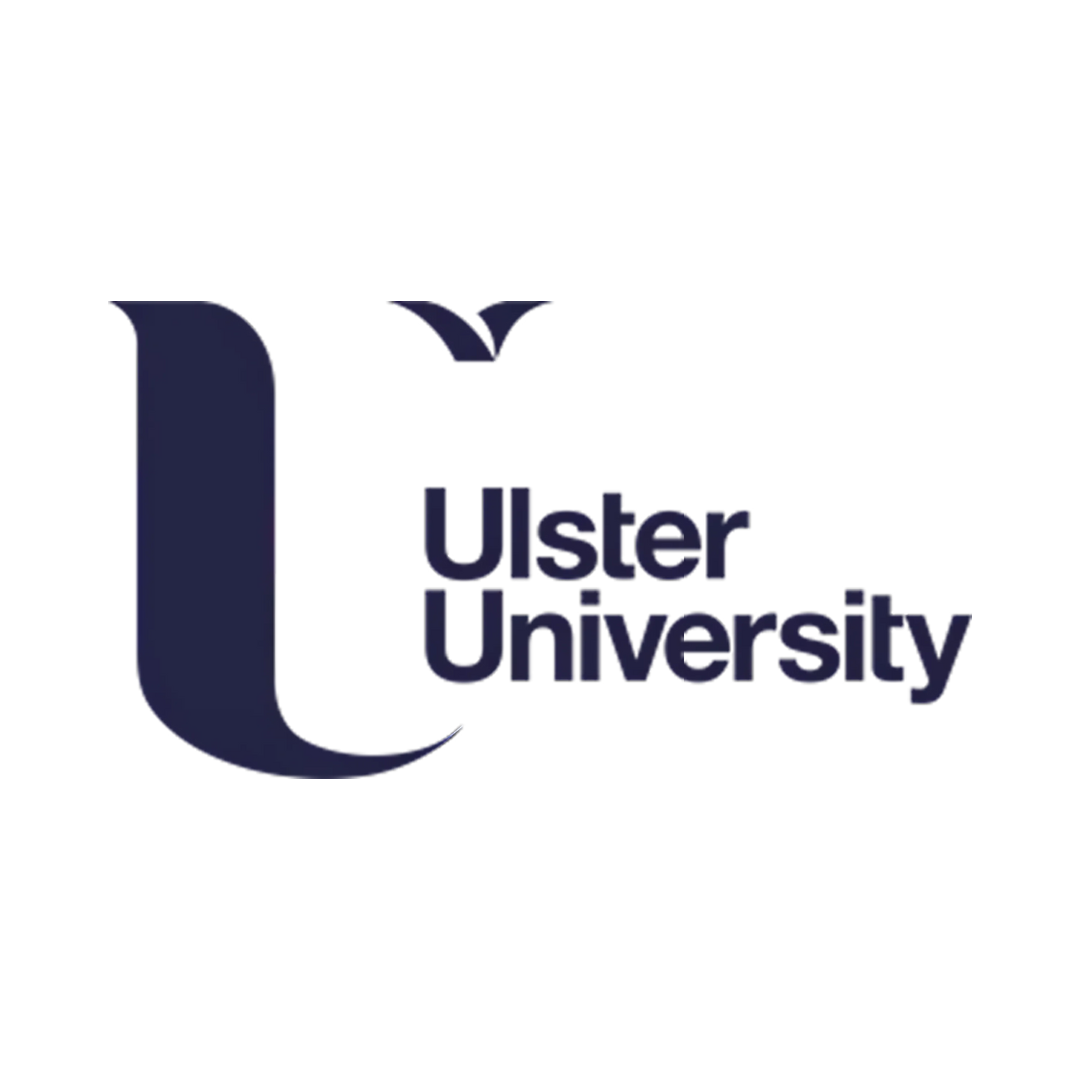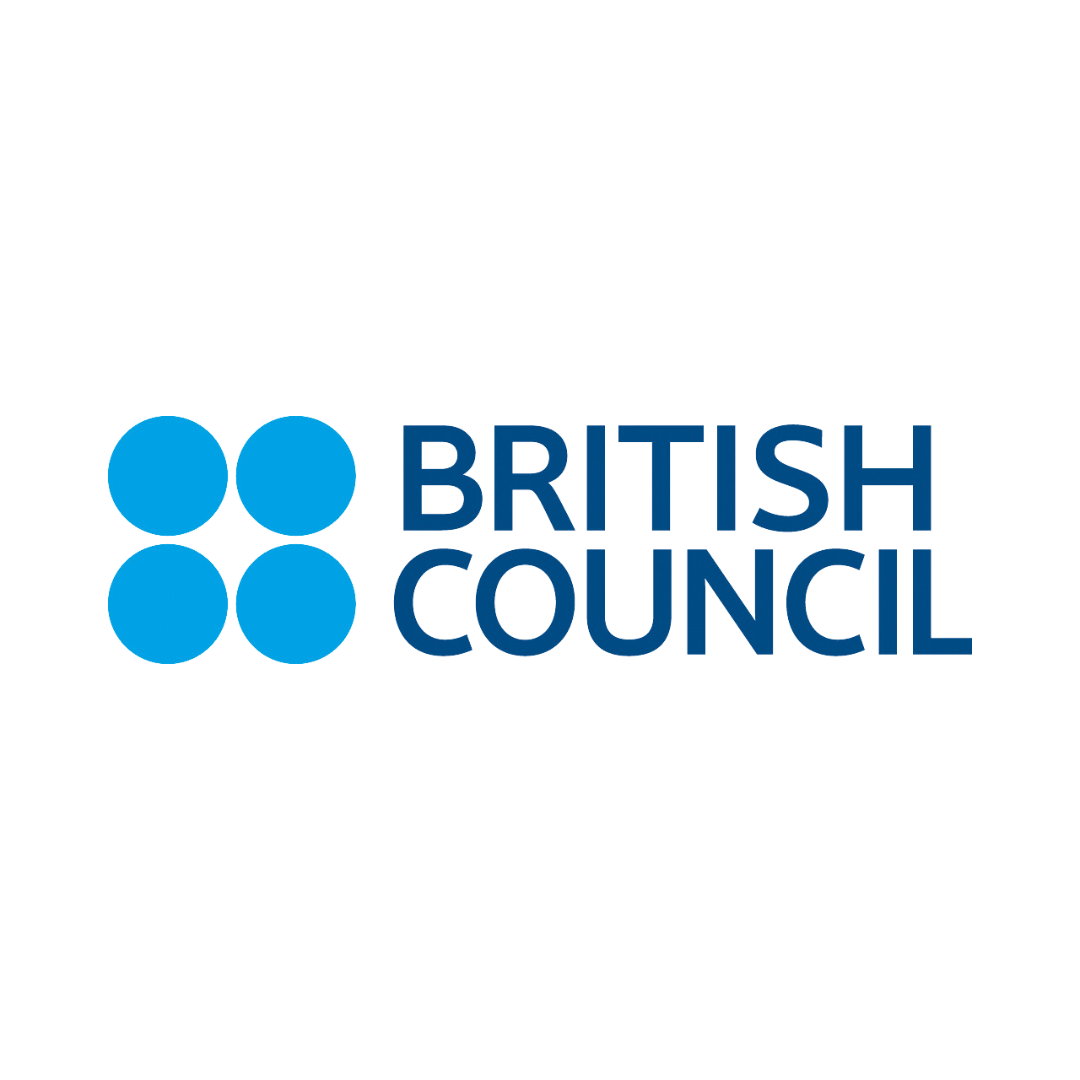Career mobility opportunities for academics – is it possible after a post-doc or a tenured post?
By Sarah Allison, PhD
It is not uncommon for early-career researchers (ECRs) to consider a move from academia to other career paths. But when ECRs start thinking “maybe I should do something else?”, there are multiple doubts and insecurities that cloud their minds, often preventing them from taking the leap into the unknown outside of academia.
In this short piece I want to break some cliches and common misconceptions about ECRs and their chances for career mobility.
1. All I can do is research
A common misconception that affects many ECRs is that, since they have been involved in academic work for most of their adult life, all they can do is research. This often makes ECRs stick to academic posts not because they truly want to pursue an academic career, but because they feel that their skills belong to academic research, and that’s the only environment where they can thrive. In fact, academic researchers have a lot to offer beyond pure research: in addition to discipline and a wealth of subject-specific knowledge, they are often involved in teaching courses and supervising doctoral students. This makes them able administrators and mentors.
While they may not have direct experience of managing large projects, which is usually a task for the Principal Investigators, ECRs are exposed to many aspects of project management, such setting goals, tracking progress, and reporting on results. All these are tasks that are commonly carried out in professions outside of academia, and that ECRs confidently deliver.
2. I am not a great communicator: I am a scientist!
This is another insecurity affecting many and, again, it is far from true. Researchers are constantly called to communicate about their work, their abilities and their successes: they write academic papers, present at conferences, network with other research groups, create partnerships, write applications for grants, and more. All these activities require strong communication skills.
The step that ECRs must take when looking for opportunities outside of academia or after securing a non-academic job is to adapt their language and style to their audiences. These skills can be honed through science communication exercises and activities that, while leveraging their scientific knowledge, give participants a chance to gain control of how they get their intended messages across to their interlocutors and readers.1
3. I do the research, other people will take care of the rest
Especially for ECRs involved in fundamental research, it is often tempting not to think about potential applications of their research. While they may not be interested in being directly involved in the application of their research outputs, an awareness of technology transfer, technology evaluation, and intellectual property (IP) can help them in their professional development. In the first instance, becoming familiar with the principles of commercialisation and IP can significantly increase their success within academia, offering a more strategic and impact-led approach to research management. But for those considering alternative career paths, technology transfer offers an opportunity to become familiar with business principles, the evaluation of projects from a business perspective, and market strategy; all knowledge which is often fundamental to making that transition from academia to jobs in industry and government.
What can ECRs do to transition to careers outside of academia?
Some institutions offer training programmes alongside doctoral and post-doctoral work to ensure that ECRs do not become “stuck” in academia after their first successes as researchers. In some universities, these programmes are managed by cross-divisional research training centers dedicated to enhancing the professional skills and opportunities of researchers from all disciplines. Making contacts with these centers is certainly a first step for ECRs considering alternative career paths.
There is also an element of self-re-invention to consider. While ERCs are likely to have a large range of skills applicable to senior positions in non-academic contexts, they must be able to present these skills as assets of inestimable value for the positions for which they would like to be considered. While this may seem intimidating, it can be achieved through planning, strategy, and clear communication.
As in all disciplines and fields, contacts and effective networking can play decisive roles in the process of pulling out of academia. ECRs must seek opportunities to build connections with industry and leverage their own networks within academia to understand their options and evaluate them based on the first-hand experience of their peers, circumstantial opportunities, and their own professional aspirations.
With all this in mind, ECRs must become aware of their research experience as a differentiator rather than as a weakness when they position themselves in the job market. When they shift their perspective this way, taking a step forward in their career outside of academia is easier and a much more fulfilling growth experience.
_____________________________________________________________________________________
Through decades of experience offering research commercialisation services, Oxentia has developed and delivered tailored training programmes for ECRs and senior academics all over the world. Through these, Oxentia offers practical guidance for researchers to look at their work within a wider framework of professional skills, enabling trainees to enhance the impact of their research or pursue the option of alternative careers outside of academia. Discover more about our new courses for researchers or enquire about tailored programmes.















